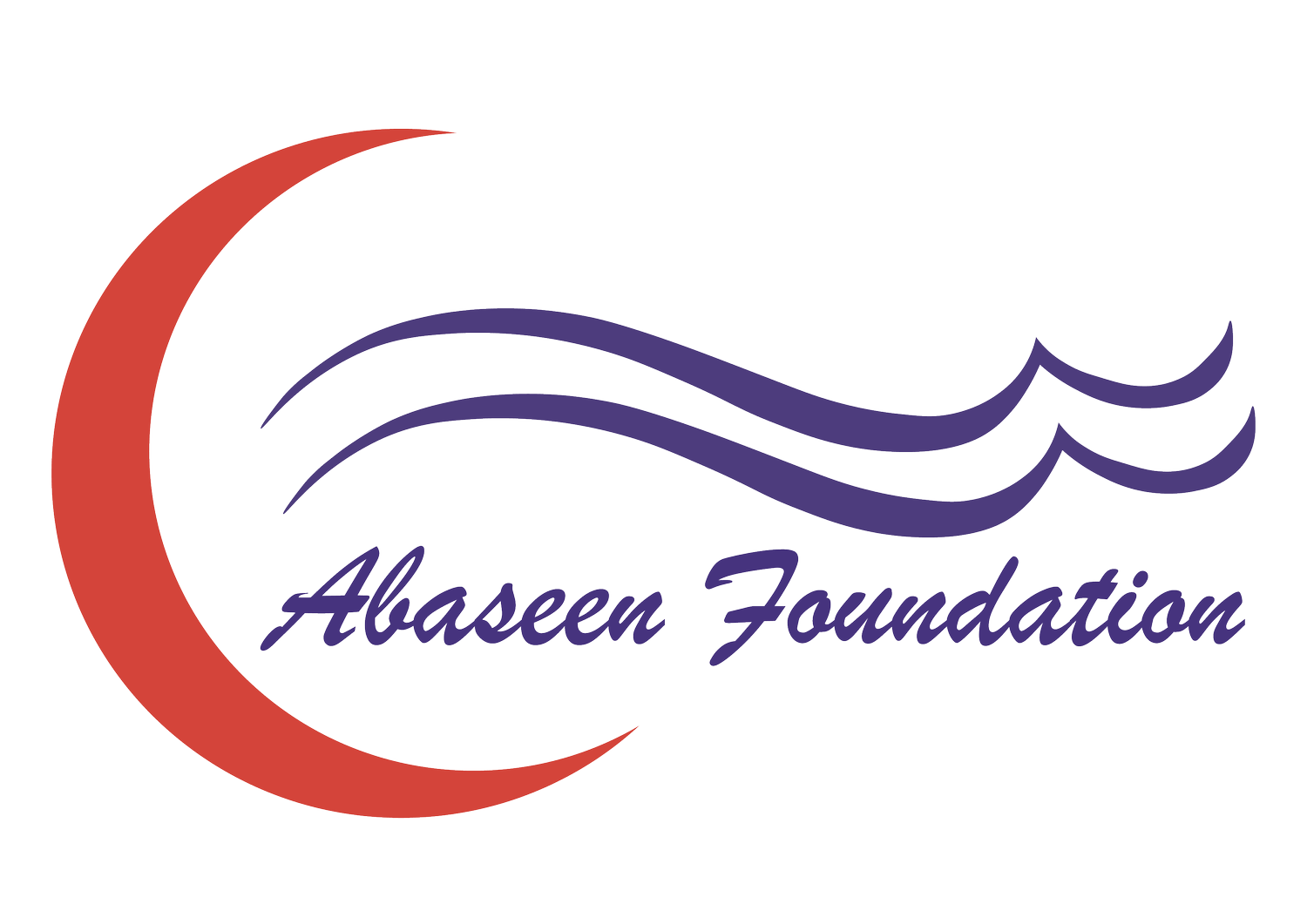
Research
Abaseen Foundation is actively engaged in research with collaborators from Universities in Pakistan, UK and USA. The primary focus is on research relating to the United Nations Sustainable Development Goals, particularly in fields of nutrition, food security and health.
Our guiding principle is that all the research we undertake must be in response to the needs identified by the local communities, through the Jirga. We endeavour to engage with community members throughout the research process to provide valued input into the design, management and delivery of our projects.
Research is important as it provides:
data to help us evaluate the impact of our activities
an opportunity for capacity building and providing training for our staff employed on the projects
an opportunity to disseminate through academic publications what we have learned through our projects that may benefit others working in similar environments
strengthened connections with local academic institutions and hospitals, such as Khyber Medical University and Rehman Medical Institute, Peshawar
The results of this research have influenced how the lives of people in this area can be improved, with important implications for other areas of Pakistan and other developing countries.
Some of the highlights can be found below, and the resulting scientific publications can be accessed by following the links in each section.

Biofortified Wheat to Alleviate Zinc Deficiency (BIZIFED) Project
The National Survey shows that 40% of the population in Pakistan are zinc deficient. This affects growth, immune function and cognitive development in children. One strategy to tackle zinc deficiency on a national scale is to grow staple crops that have a high zinc content. This can be achieved through traditional breeding techniques, coupled with addition of zinc fertilizer, known as “biofortification”.
We have been working with academic partners to examine the effectiveness of consuming flour made with zinc-biofortified wheat on the zinc status of the consumers. The project named “BiZiFED” was funded by UK Government through the Global Challenges Research Fund. It addresses 3 key questions:
Does consuming zinc biofortified flour improve health outcomes in children and adolescent girls?
How does the biofortified wheat crop perform in terms of zinc content and yield in different soil-types?
Is biofortified wheat culturally acceptable to communities and farmers?
The early findings from this study show that consumption of flour milled from zinc biofortified wheat can increase the dietary zinc intake by 21% compared with standard flour. In terms of the acceptability of the flour in the community, there were some initial concerns raised. These were discussed openly with the field team and the subsequent response to the flour was overwhelmingly positive. The findings from this research will help to inform the government scale-up of the biofortification strategy in Pakistan, but also relevant to other countries where zinc deficiency is a public health problem. We also had opportunity to discuss the project with the then Prime Minister, Imran Khan, during a visit in March 2020.
Read Scaling biofortified zinc wheat in Pakistan: Evidence from the field, an article written by HarvestPlus who are the research organisation behind the biofortified wheat that was trialled in the research.
Our research publications from this project:
The BiZiFED project: Biofortified Zinc Flour to Eliminate Deficiency in Pakistan
Zinc deficiency in low‐ and middle‐income countries: prevalence and approaches for mitigation
Micronutrient Status and Diet Diversity of Women of Reproductive Age in Rural Pakistan
Equitable partnerships in global health research
Community Perceptions of Zinc Biofortified Flour during an Intervention Study in Pakistan

COVID-19 Research
The COVID pandemic significantly impacted all of our education and health support activities. We were pleased to be awarded a grant from UK Government through the Global Challenges Research Fund specifically for research addressing the impact of COVID low resource communities. As part of this project, we have been working with community members to produce a toolkit that will help to support communication, community engagement and risk minimisation in similar hard-to-reach communities for future health crises. We are in regular communication with UNICEF and the department of health in Khyber Pakhtunkhwa to share our findings.

Iodised salt promotion
Pakistan’s Iodine Deficiency Disorders Control Programme (IDDCP) was launched in 1994. Approximately half of Pakistan’s population of 200 million are affected with iodine deficiency disorders. The National Nutrition Survey in Pakistan revealed marked provincial variations, and within Khyber Pakhtunkhwa (KP) 25.7% of children 6-12 years of age were found to have some symptoms of iodine deficiency.
We conducted a survey of 1,000 households on the brick kilns close to Peshawar to assess the awareness of the benefits of consuming iodised salt and found that only 2.6% households reported use of iodised salt and only 3.5% knew about the health benefits.
With the help of the Jirga and Imams, we conducted a successful education and awareness campaign to promote iodised salt use in the brick kiln community, including putting posters up around the community, distributing leaflets, and door to door visits.
An unexpected finding of this research was that the quality of the iodised salt was not up to the government standards, and this was highlighted in our study report.
Our research paper from this project : Increasing Awareness and Use of Iodised Salt in a Marginalised Community Setting in North-West Pakistan

Benefits of school lunch on cognitive function
When Abaseen Foundation introduced its school lunch programme at the Noor Model School and Mian Gul School, we had an opportunity to monitor the impact of providing a school lunch on the cognitive performance of the children attending the school. Using a simple paper-based test, we monitored the children over a 12 month period. A local government school where no meals were provided served as the control. Our study showed that providing one meal a day to malnourished primary school age children does improve cognitive function in the lowest quartile of performance.

Research publications from previous projects
Dietary calcium intake, vitamin D status and bone health in post-menopausal women in Rural Pakistan
Exploring and optimising maternal and infant nutrition in North West Pakistan
